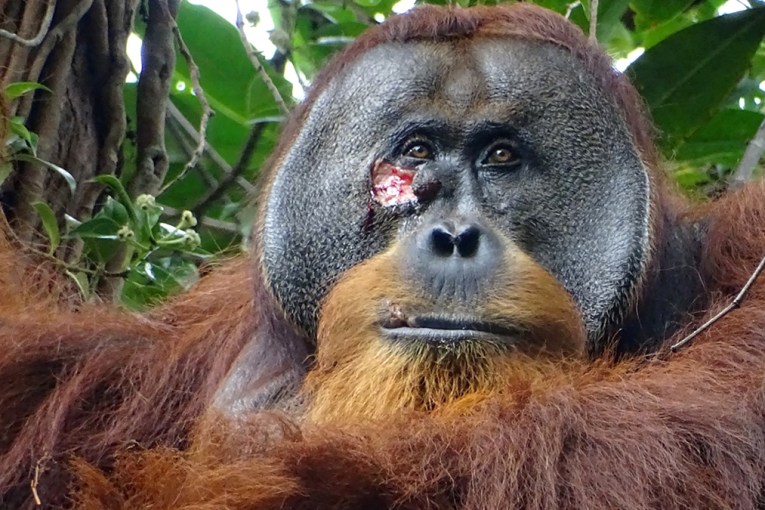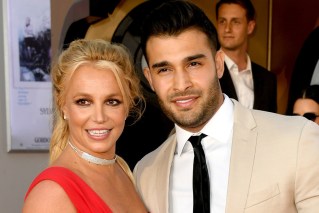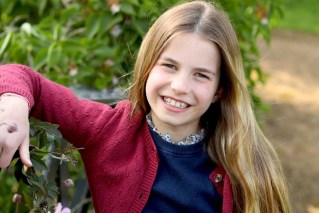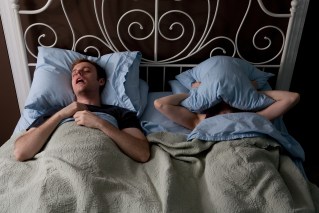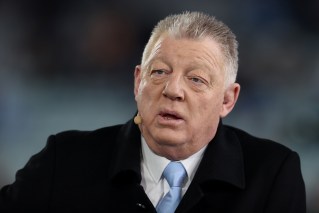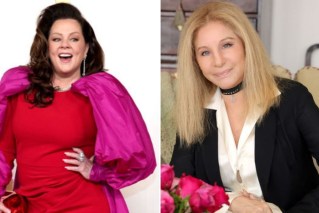A twenty-something writes: Why freezing my eggs is the smart thing to do
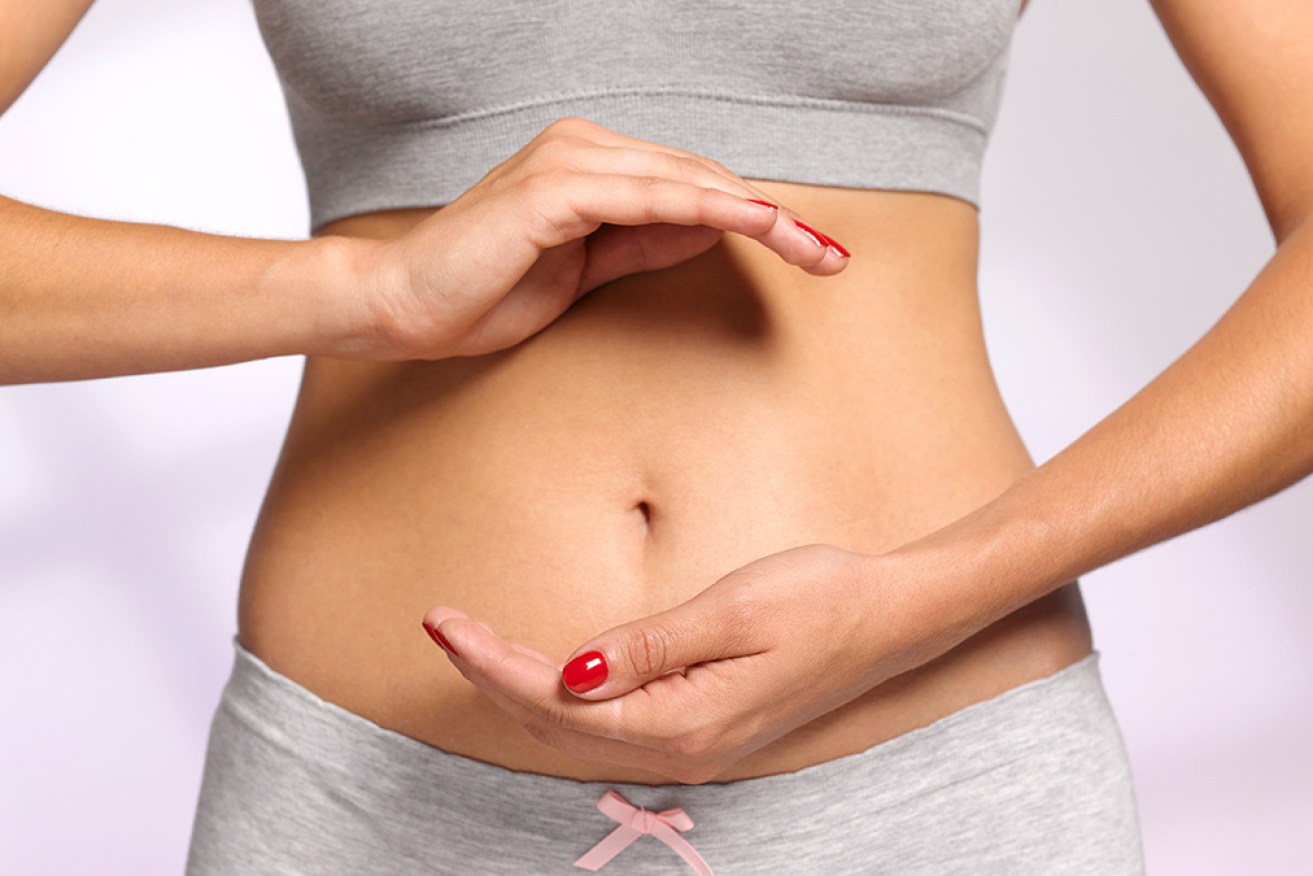
Two years of the COVID-19 pandemic have inevitably influenced how Australian women perceive their reproductive future. Photo: Getty
“You’re being dramatic,” Fran says a little too forcefully.
By now I am familiar with people responding to my desire to freeze my eggs at 27 with this type of dogmatic dismissal.
“Besides, you’ll spend all your money on something like that, and then you will probably meet the love of your life, the day after it’s finished.”
Working in my local library for the past seven years has been elevated by weekly interactions with librarian Fran, but today I decide to cut the conversation short.
I have learnt egg freezing is not a discussion for public engagement.
The topic is somehow both alien and personal to people, often causing confusion and concern.
Two years of the COVID-19 pandemic have inevitably influenced how Australian women perceive their reproductive future.
Lockdowns eroded a single woman’s ability to meet a partner, while simultaneously birthing an alternative way of life for women, predicated on working from home, independent finances and singlehood.
It is why in the last two years more women in their late 20s to mid-30s are deciding to undergo Non-Medical Egg Freezing (NMEF).
The medical director of IVF Australia and leading fertility specialist Dr Peter Illingworth has observed the increase of NMEF treatments during the COVID-19 pandemic, citing “a 10 to 15 per cent increase in egg freezing in the last two years.”
International fertility clinic Genea, known for its expansive fertility treatments, has similarly experienced a rise in NMEF throughout its Australian practices. When reviewing 2018 and 2019 data compared to 2020 and 2021 figures, Genea reported a 41 per cent increase in egg freezing cycles.
But not everyone is a fan of the trend.
Professors of anthropology at the University of Washington, Lynne Morgan and Jannelle Taylor, recently wrote: “Beyond the health risks to individual women, the problem with egg freezing is that it represents an individualised, private, expensive, high-tech medical solution to what is fundamentally a collective, social problem.”
It is undeniably true and important to acknowledge that egg freezing is expensive: First rounds start in Australia at a minimum of $4000.
But Morgan and Taylor’s dismissal of the procedure as a misguided solution to a social problem is, in fact, a misguided generalisation on what is a deeply personal and individual choice.
Much of the opposition to egg freezing appears to come from those who think it’s expediting the demise of the nuclear family.
This projection of a nuclear family over women conceiving children individually operates on the false premise that all women are partnered at the age they want to have children.
This notion discounts the notable number of women who are single at the time they want to conceive.
The aspirational nuclear family narrative excludes Australians who were not fortunate enough to grow up in a two-parent household.
Take my own childhood: My mother passed away from breast cancer when I was ten, leaving my father to raise three children under the age of 12 as a single parent.
So the idea of an individual raising children on their own doesn’t engender the same feelings of concern or confusion it might in others.
My life hasn’t been a succession of traditional passages that has led me to be engaged at 27 and ready to bear children in the foreseeable future.
Like many others, it has been non-linear, marked by illness, breakups, and other interruptions.
So, to answer Fran’s question and, by extension, society at large: I am not being dramatic by freezing my eggs at 27. I’m being smart.
